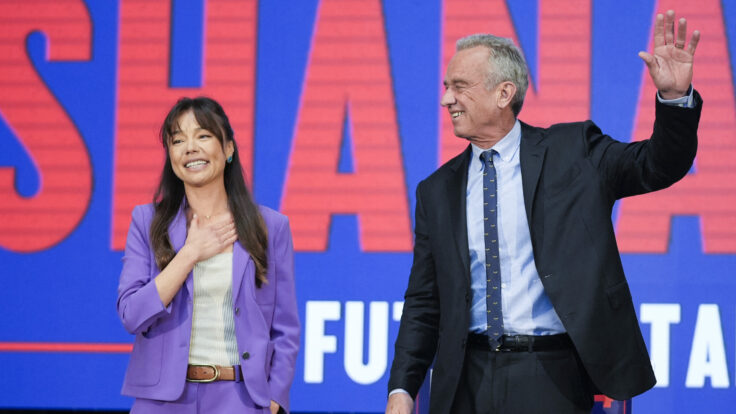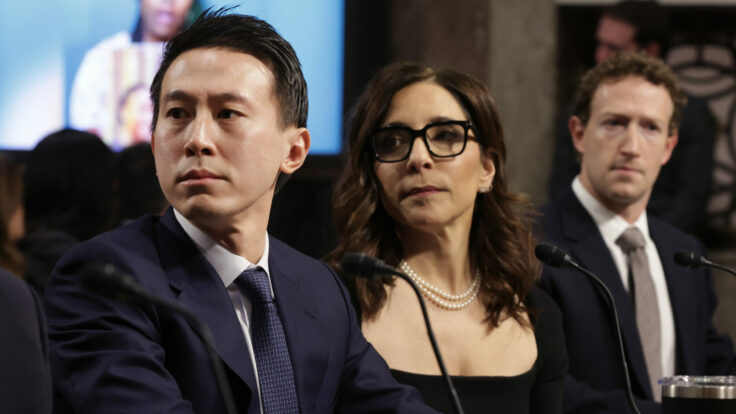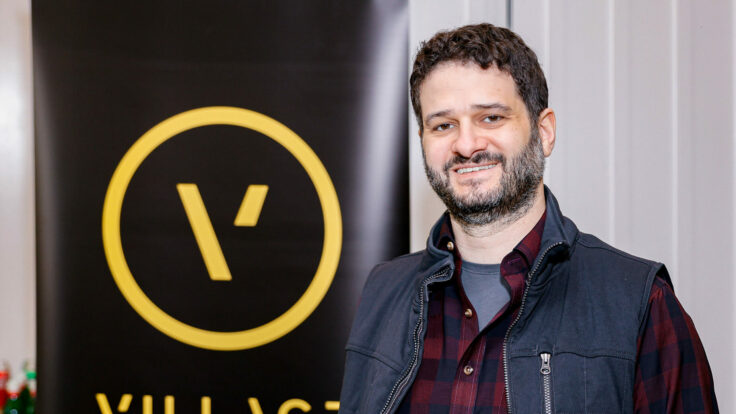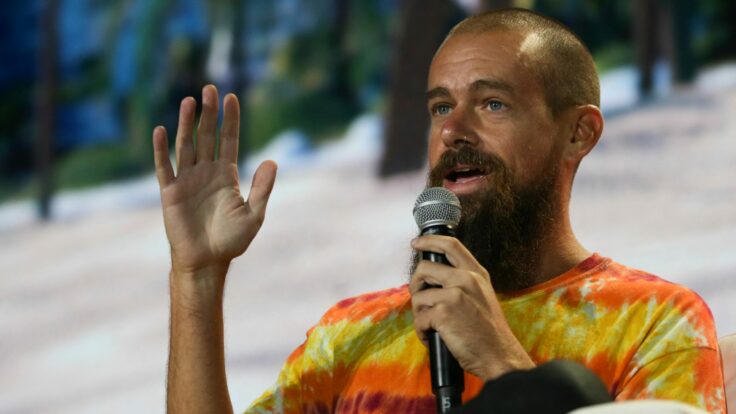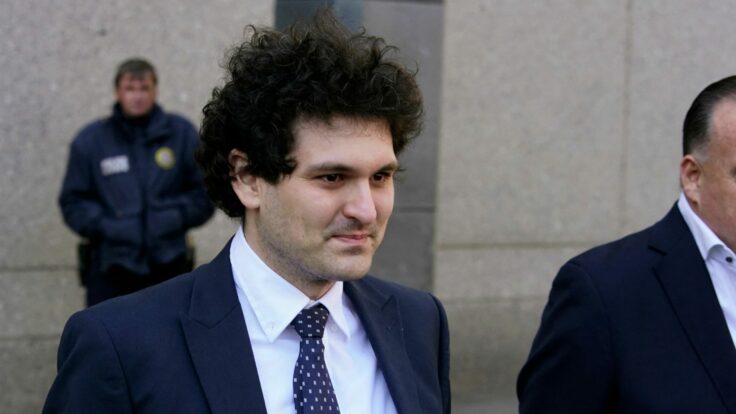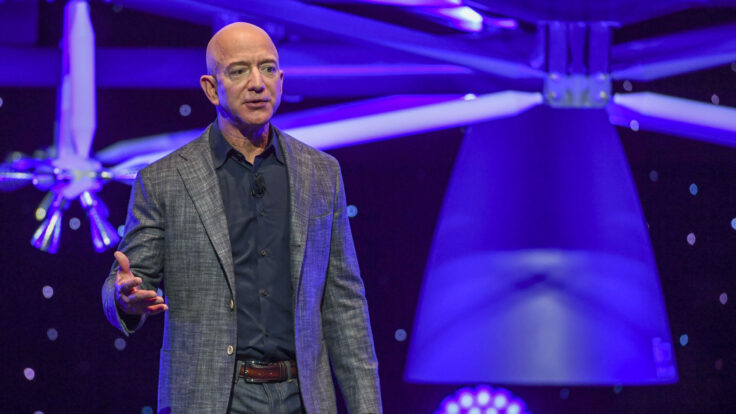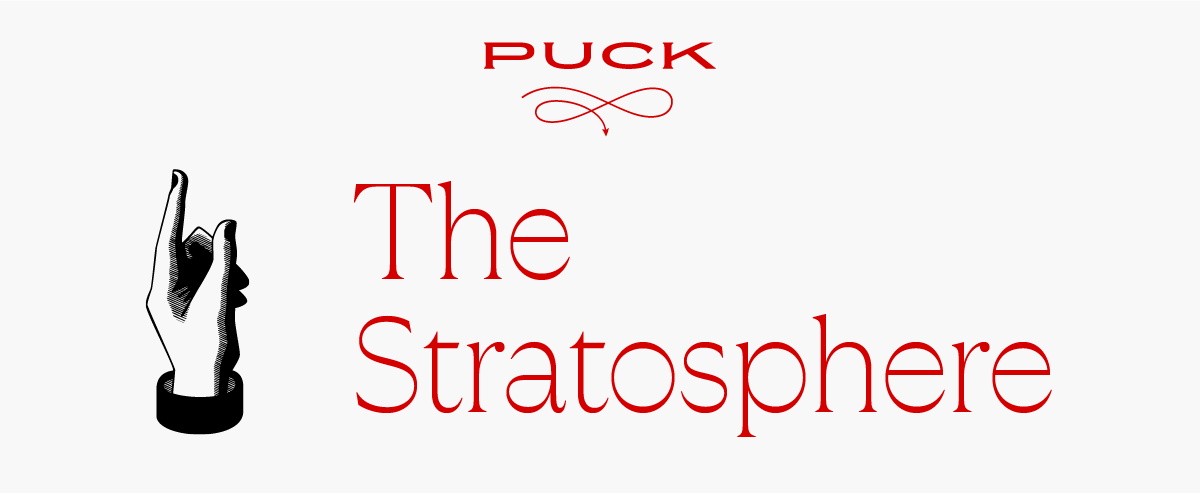 |
|
Hey, Teddy Schleifer here.
|
|
Welcome back to The Stratosphere and thanks as always for following our work here at Puck.
In today’s piece, my inside-the-room reporting on the blossoming relationship between Peter Thiel and J.D. Vance, and how that is paying dividends for the Ohio Republican Senate hopeful, who just won a Trump endorsement and another check from his billionaire benefactor. I also endeavor to answer an essential question circulating in Republican big-money politics: Does Thiel want to be the next Sheldon Adelson, or does he really just care about his two protégés? My answer, below the fold.
But first, two nuggets from last week’s F.E.C. filings:
- This weekend I took note of a very mysterious $14 million donation. I’ve covered money in politics for a while now, but I had never before seen a crypto trust LLC listed as a donor to a super PAC. But that was what Protect Our Future, a new anti-pandemic super PAC spending big in Democratic primaries this year, told the F.E.C. over the weekend—that it had received a whopping sum from “Prime Trust LLC,” without disclosing any additional information, as required. After weekend inquiries from us and other outlets, the PAC admitted the screw-up and disclosed the actual donors. The reason I care about the super PAC to begin with is because Protect Our Future is the main election group of crypto king Sam Bankman-Fried, whose effective-altruist political crusades have turned heads in Democratic circles. S.B.F. told me a while back that he had spent $20 million or so on pandemic-related efforts, including this group. $13 million of the $14 million raised by the super PAC, it turns out, came from one person—him.
- A few other donations that caught my eye: Democratic mega-donor Reid Hoffman put a half-million into a Republican super PAC on behalf of LGBT conservatives; Oracle founder Larry Ellison dropped $1 million into a super PAC behind former Mike Pompeo spokeswoman Morgan Ortagus in Tennessee; and Sequoia’s Doug Leone and his wife, Patti, gave hundreds of thousands to committees aligned with Kevin McCarthy and Mitch McConnell.
|
| P.S. As a reminder, you're receiving the free version of The Stratosphere at {{customer.email}}. Want full access to Puck, to each of my colleagues, and to all of my private reporting? You can subscribe here.
|
|
|
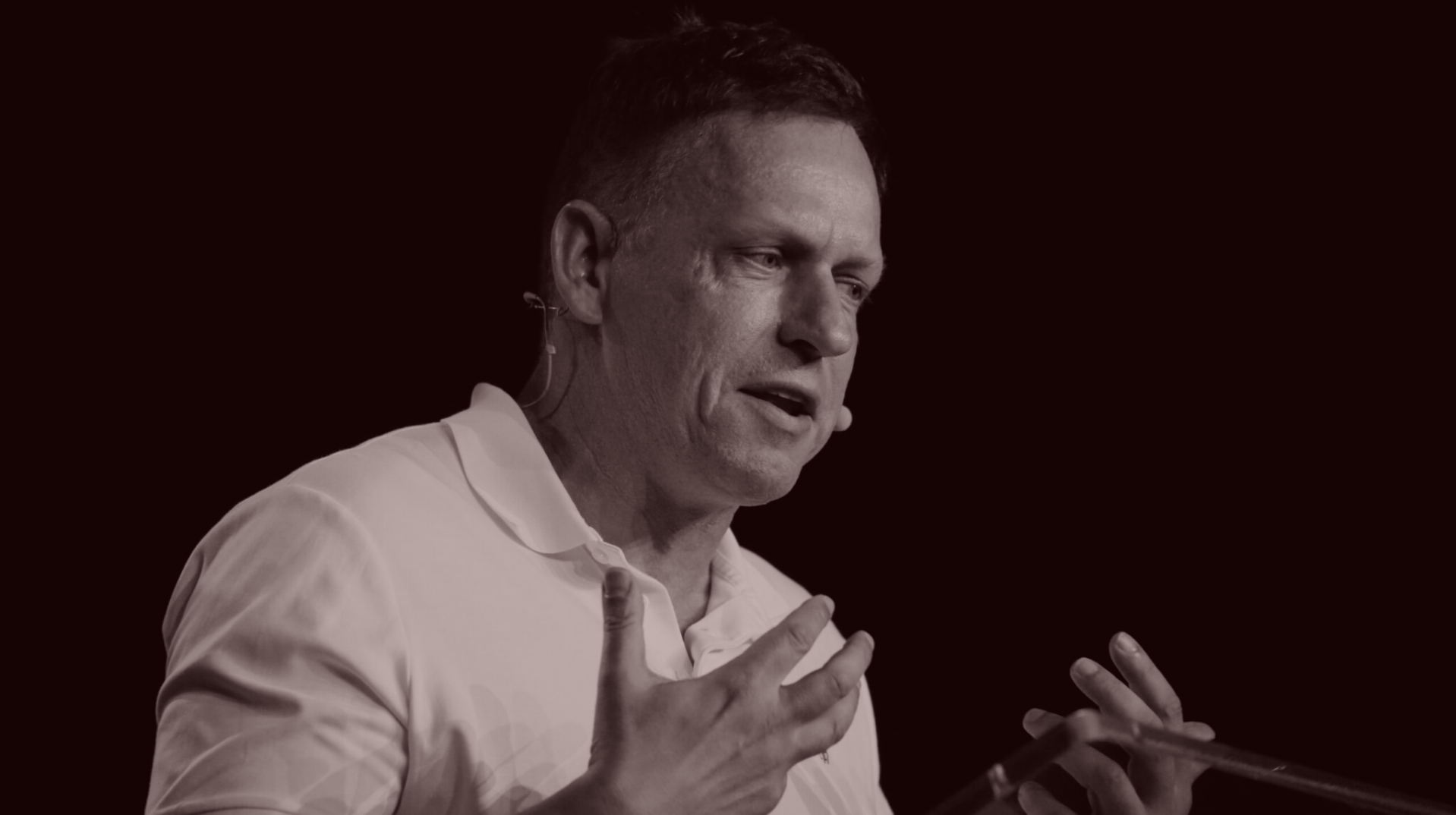 |
| The Peter Thiel D.C. Gateway Drug |
| With two weeks until the Ohio G.O.P. primary, Thiel is on a hot streak and doubling down on J.D. Vance. A win could invigorate the billionaire’s national ambitions. A loss could relegate him to Miami—and send thirsty Republicans reeling. |
|
|
|
For years now, ever since he poison-pilled Gawker and stumped at the Republican National Convention for Trump, there have been two competing narratives regarding the political ambitions of Peter Thiel. The first, gobbled up by the press, seductively posits that the billionaire investor and entrepreneur aims to build a Silicon Valley power center in G.O.P. donordom to fill the void left by the late David Koch and Sheldon Adelson, thereby creating an anti-woke counterpoint to his liberal peers.
The second theory, which I often hear from Thiel’s friends, is that his interest in kingmaking has been somewhat exaggerated—that P.T., as he is known by his inner circle, has a narrow, mostly personal interest in the success of his two protégés, J.D. Vance and Blake Masters, whose U.S. Senate campaigns he has sponsored in Ohio and Arizona to the tune of $10 million each.
The more complicated reality, however, is that Thiel has seemed to oscillate between the two narratives...
|
|
|
|
|
|
| FOUR STORIES WE'RE TALKING ABOUT |
 |
| Is Putin Risking It All? |
| Puck's Ioffe analyzes Putin's latest offensive in eastern Ukraine while noting a shift in how the U.S. is being percieved. |
| PETER HAMBY |
|
 |
| The Coachella Effect |
| Belloni is joined by Bloomberg's Lucas Shaw to discuss why concert tickets have never been pricier. |
| MATTHEW BELLONI |
|
 |
| Twitter's Panic Room |
| Musk is serious about buying Twitter—and the company's board, its management team, and Goldman better get serious, too. |
| WILLIAM D. COHAN |
|
 |
| The Maddow Iceberg |
| Maddow’s non-surprise surprise announcement has been foreshadowed for months. Why doesn’t the network have a viable solution? |
| DYLAN BYERS |
|
|
|

|
|
|
You received this message because you signed up to receive emails from Puck.
Was this email forwarded to you?
Sign up for Puck here
Sent to
{{customer.email}}
Unsubscribe
Interested in exploring our newsletter offerings?
Manage your preferences
.
Puck is published by Heat Media LLC.
64 Bank Street
New York, NY 10014
For support, just reply to this e-mail.
For brand partnerships, email ads@puck.news |
|
|








